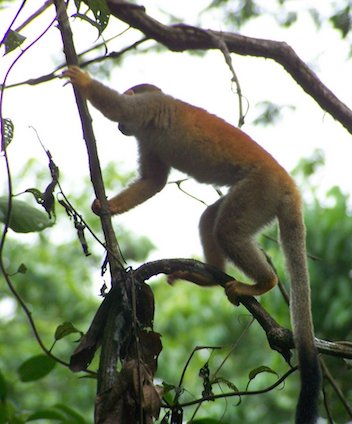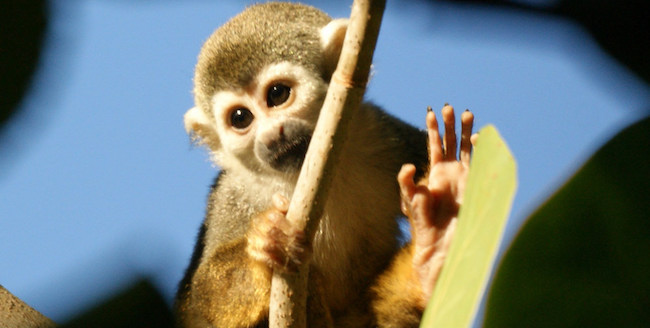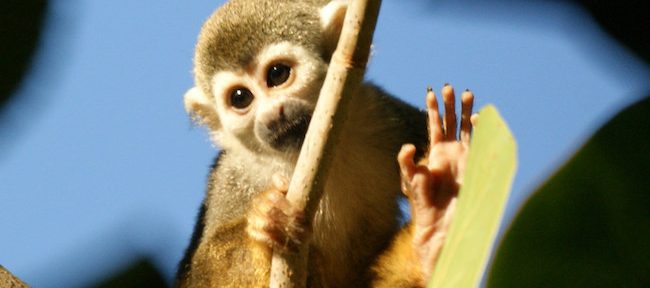Monkeys roaming free in Florida may soon have their days numbered after state officials announced a plan to eradicate them. FWC officials made the announcement following a report released Wednesday claiming the feral primates pose a human transmittable herpes threat.
Wildlife managers are floating a plan to remove the primates from the state citing a new study published this week that claims the animals are “excreting a virus” that is potentially dangerous to humans.
|
Advertisement |

If allowed, wildlife officials would begin a sad round up of the beasts, displacing them at best, all while human cases of the virus have been very rare. About 50 cases have been documented worldwide, and there have been no known transmissions of it to people from wild rhesus macaques in Florida.
Scientists studying a growing population of rhesus macaques in Silver Springs State Park maintain that rather than just carrying herpes B, which is common in humans and monkeys, some of the primates possess the virus in their saliva and other bodily fluids, hence posing a potential risk of spreading the disease. So you might want to avoid making out with a monkey.
Not a single case of viral transmission has even been documented in the state, monkey scratch, spit or otherwise.
Researchers, who published their findings in the CDC journal Emerging Infectious Diseases, say they think the issue needs to be researched more thoroughly, but officials have heard enough and want the macaque disappeared ASAP.
But does the data back-up the FWC’s hysteria? According to the CDC, the herpes B virus has only proved fatal to 21 of the 50 humans known to have contracted the virus via macaque bites and scratches while working with animals condemned in laboratories.
Not a single case of human transmission has ever been reported as a result of macaques roaming free in areas also populated by humans.
“When it does occur, it can result in severe brain damage or death if the patient is not treated immediately,” a CDC rep said in a statement regarding the caged macaque incidents.

The researchers estimate that up to 30% of the large Silver Springs State Park feral macaques population may be actively secreting the herpes virus.
A statewide, government sponsored study in the 1990s, (incidentally released the last time officials attempted to conduct a primate roundup,) found 31 monkey-human incidents, with 23 resulting in human injury between 1977 and 1984. None of those cases reportedly involved the transmission any viruses.
The Florida Fish and Wildlife Conservation Commission did not elaborate on what specific “management tactics” the state may employ, but a rep said the commission supports ridding the state of the invasive creatures, reports Fox59.
What do you think? Should the FWC give Florida’s monkey population the bum’s rush?
“We worked hard on this post! So please support us by commenting below and share this thoughtful story with your family and friends!”

